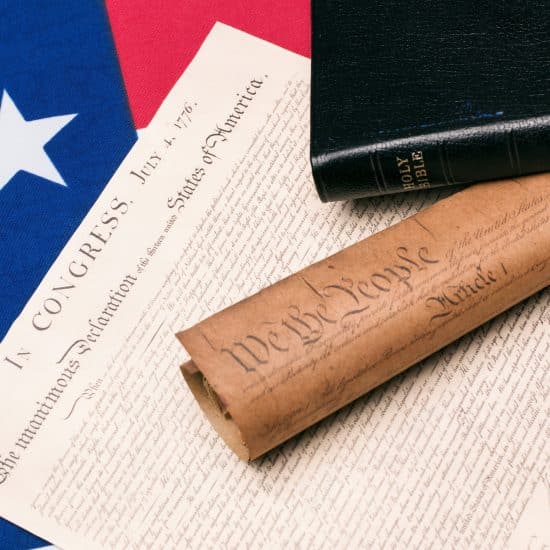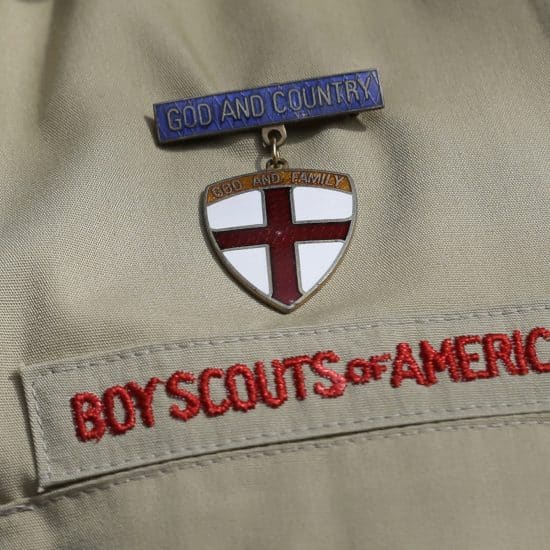WASHINGTON (ABP) – The Baptist Joint Committee for Religious Liberty joined other groups in a legal brief arguing that a teacher fired by a Christian school should not be allowed to sue her former employer under the Americans with Disabilities Act.
Cheryl Perich, a teacher and commissioned minister at Hosanna-Tabor Evangelical Lutheran Church and School in Redford, Mich., took a medical leave of absence for an undiagnosed illness in the 2004-2005. When doctors diagnosed her with narcolepsy and said it could be controlled by medication, she tried to come back to work in the middle of the school year, even though her position had been filled with a contract teacher and the school didn’t have another job for her.
She responded in ways the school’s principal considered to be insubordination. She refused to submit to the church’s policies for resolving disputes internally and threatened to sue if fired. After the church voted to fire her, the Equal Employment Occupation Commission sued the church and school on her behalf.
A district court ruled against Perich, recognizing a "ministerial exception" to the ADA that prevents government involvement in the employee-employer relationship between churches and ministerial employees. The 6th U.S. Circuit Court of Appeals in Cincinnati, however, said Perich's “primary duties” as a teacher were secular, not religious, so the exception blocking the lawsuit didn't apply. The Supreme Court will hear arguments about which interpretation will stand this fall.
The Baptist Joint Committee brief, filed along with the Christian Legal Society, the National Council of the Churches of Christ in the USA and the National Association of Evangelicals, said the ministerial exception should be defined broadly in order to safeguard religious liberty.
“Given our nation‘s deeply rooted commitments to religious freedom and church-state separation, an employment-related lawsuit in a civil court is not a permissible vehicle for second-guessing a religious community‘s decision about who should be responsible for keeping the next generation,” the BJC brief contends.
The BJC brief says the ministerial exception keeps courts from interfering in congregational decisions and protects the fundamental freedom of religious communities to educate and form their members.
“Although this may prevent individuals in some cases from suing for discrimination, it rests on the overriding principle that there are some questions the civil courts do not have the power to answer, some wrongs that a constitutional commitment to church-state separation puts beyond the law‘s corrective reach,” the brief says.
The brief says the point is not that churches are above the law or that it is OK for them to discriminate, but that the government should not presume to supervise religious education.
“In defining the ministerial exception, an approach that is too simplistic will undermine religious liberty,” said BJC General Counsel Hollyn Hollman. “The Court should put a premium on both the religious organization’s designation of ministry personnel as its religious representatives and the employees' responsibility for performing important religious functions.”
In a separate brief, the International Mission Board of the Southern Baptist Convention joined other groups to argue also that the exception should apply to teachers who incorporate religious teaching in secular courses.
“Religious institutions must be able to choose their own leaders without undue government interference,” the brief contends, and a robust ministerial exception “is critical to safeguarding free exercise rights.”
-30-
Bob Allen is managing editor of Associated Baptist Press.






